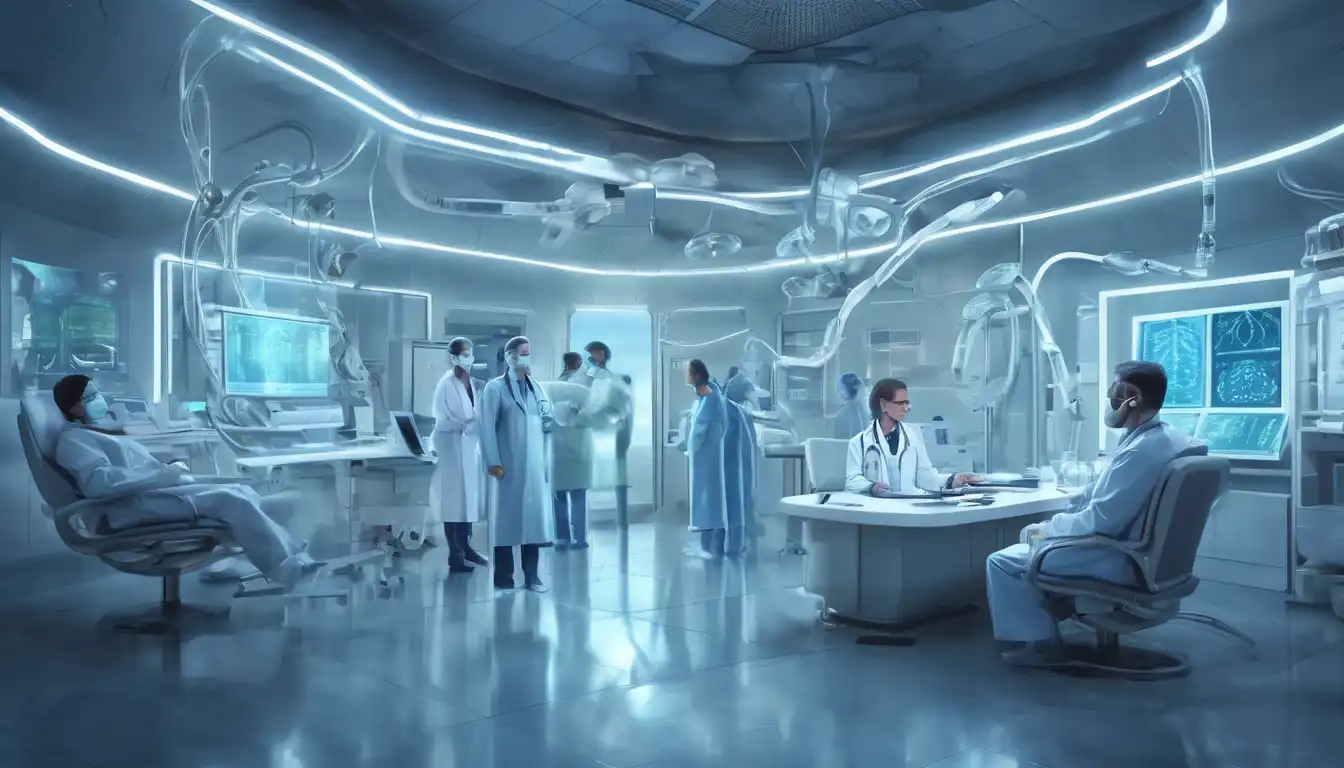The Revolutionary Role of AI in Healthcare
Artificial Intelligence (AI) is revolutionizing the healthcare industry by providing innovative solutions to complex problems. From diagnostics to treatment personalization, AI's role in modern healthcare is undeniable. This article explores how AI is transforming healthcare and what it means for the future of medicine.
Enhancing Diagnostic Accuracy
AI algorithms are now capable of analyzing medical images with precision that rivals or even surpasses human experts. This advancement is crucial in early detection of diseases such as cancer, where early diagnosis can significantly improve patient outcomes. Learn more about AI in diagnostics.
Personalized Treatment Plans
By analyzing vast amounts of data, AI can help create personalized treatment plans for patients. This approach ensures that treatments are tailored to the individual's unique genetic makeup, lifestyle, and other factors, leading to better health outcomes.
Streamlining Administrative Tasks
AI is also making waves in the administrative side of healthcare. From scheduling appointments to processing insurance claims, AI can automate routine tasks, allowing healthcare professionals to focus more on patient care.
Improving Patient Monitoring
Wearable devices powered by AI can monitor patients' health in real-time, providing valuable data that can predict and prevent potential health issues before they become serious. Discover the power of wearable technology in healthcare.
Challenges and Ethical Considerations
Despite its benefits, the integration of AI into healthcare comes with challenges, including data privacy concerns and the need for robust ethical guidelines. It's essential to address these issues to fully realize AI's potential in healthcare.
The Future of AI in Healthcare
The future of AI in healthcare is bright, with ongoing research and development paving the way for more advanced applications. As AI continues to evolve, its role in healthcare will only grow, offering new possibilities for improving patient care and outcomes.
In conclusion, AI is playing a pivotal role in transforming healthcare. From enhancing diagnostic accuracy to personalizing treatment plans and streamlining administrative tasks, AI's impact is profound. However, it's crucial to navigate the challenges and ethical considerations carefully to ensure that AI's integration into healthcare benefits all stakeholders.
